Scientists are studying a 116-year-old San Francisco-born grandma who is the oldest woman in the world to learn her secrets and develop cures for diseases
Scientists study a 116-year-old San Francisco native in an effort to discover her secrets to longevity and develop treatments for diseases.
Centenarian Maria Branyas is the oldest person in the world and has no health problems other than hearing and mobility problems.
The ‘Super Grandmother’, who regularly updates her followers on X (formerly Twitter), defeated Covid-19 in 2020 and survived the Spanish Civil War, a deadly earthquake in the US and a major fire.
She advises anyone hoping to live a long life to weed out “toxic people” and avoid “excess.”
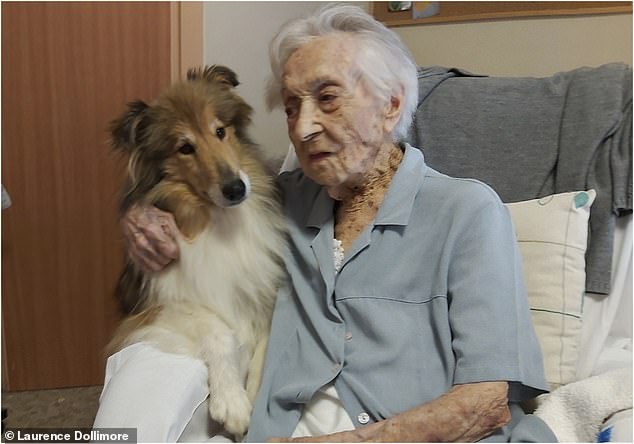
Maria Branyas, the daughter of a journalist from Pamplona, Spain, was born in San Francisco, California on March 4, 1907, but returned to Spain as a child
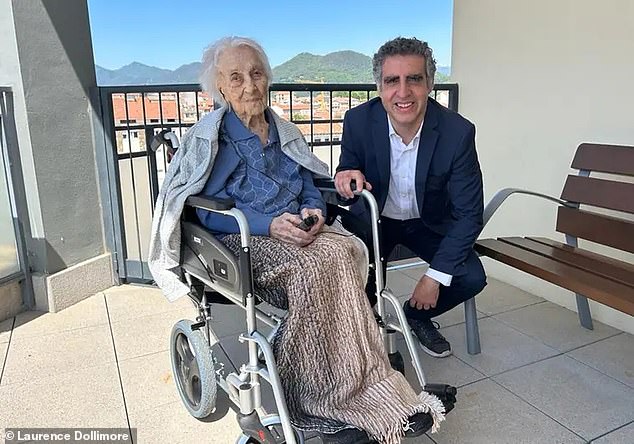
Dr. Manel Esteller (right), director of the Josep Carreras Leukemia Research Institute (IJC-CERCA) and professor of genetics at the University of Barcelona, collected DNA samples, including saliva, urine and blood, from Ms Branyas, whom he visited in her care home in Olot, Gerona, in northern Spain
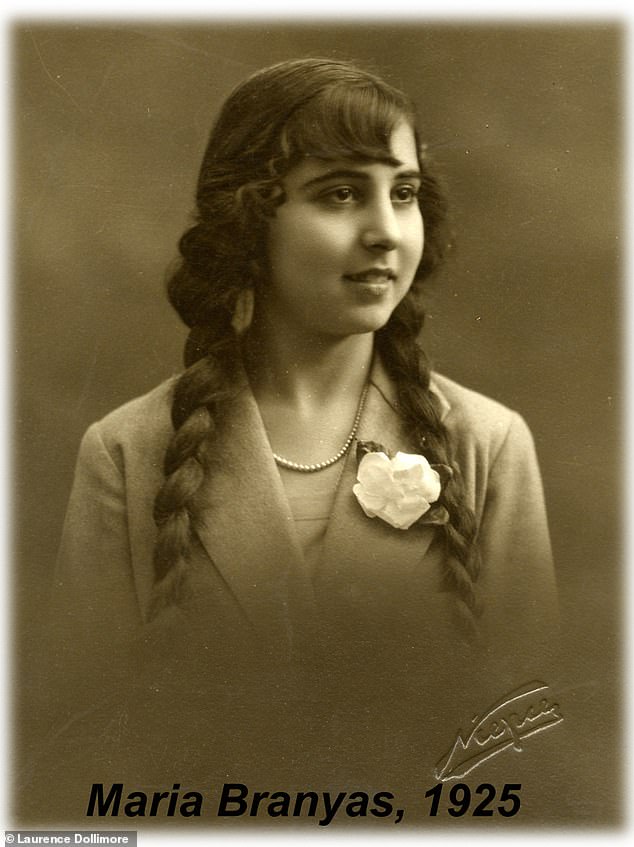
Unlike most people her age, she has no cardiovascular or memory problems, and from the age of four she can tell stories as if they happened yesterday.
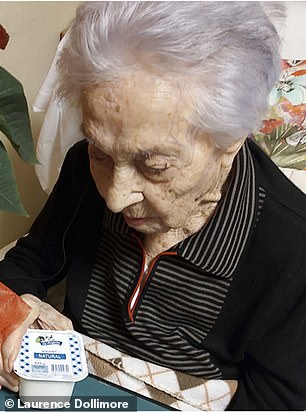
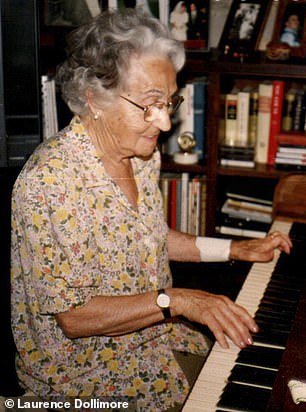
Asked about her secret to a long life, she previously tweeted: ‘Order, peace, good connection with family and friends, contact with nature, emotional stability, lots of positivity and away from toxic people’
Unlike most people her age, she has no cardiovascular problems or memory problems. From the age of four she can tell stories as if they happened yesterday.
“She is incredible,” says Dr. Manel Esteller, director of the Josep Carreras Leukemia Research Institute (IJC-CERCA) and professor of genetics at the University of Barcelona.
Dr. Esteller took DNA samples, including saliva, urine and blood, from Ms Branyas, who he visited at her care home in Olot, Gerona, in northern Spain.
He told Spanish newspaper ABC: ‘She has a completely clear head. She remembers with impressive clarity episodes of hers when she was just four years old, and she does not have cardiovascular disease, which is common in older people. All she has are mobility and hearing problems.’
Dr. Esteller, a world leader in the field of genetics, wants to discover how far Ms. Branyas’ genes go in explaining her longevity, and how much has to do with her lifestyle.
The daughter of a Pamplona journalist, Ms. Branyas was born in San Francisco, California, on March 4, 1907, but returned to Spain as a child. She lived in different parts of the Catalonia region and had three children.
The 116-year-old has previously credited eating natural yoghurt every day for her longevity and avoiding ‘excesses’, adding: ‘I’ve always eaten little but everything, and I’ve never followed a regimen. I have not had any illness and have not been in an operating room.’
Asked about her secret to a long life, she previously tweeted: ‘Order, peace, good connection with family and friends, contact with nature, emotional stability, lots of positivity and away from toxic people.’
However, she admitted that she also believes it has to do with genes and “luck,” which Dr. Esteller agrees with.
He explained: ‘It’s clear there is a genetic component because there are several members of her family who are over 90 years old.’
His team will try to discover in the laboratory to what extent her genes have protected her against age-related deterioration.
He added: ‘What is clear is that she is a person with an extraordinary capacity for resilience… She is a true survivor.’
The study will analyze six billion segments of her DNA, focusing on 200 genes directly linked to aging. According to Dr. Esteller, the results will be compared with those of her middle daughter, who is 79 years old.
She has another daughter who is 90 years old and a son who died in an accident when he was 77 years old.
The aim of the research is to help develop medicines that can combat diseases that are usually caused by old age.
Dr. Esteller said: ‘We hope that the study of Maria’s cells will give us new clues about how to tackle neurodegenerative or cardiovascular diseases associated with age, and cancer.’
